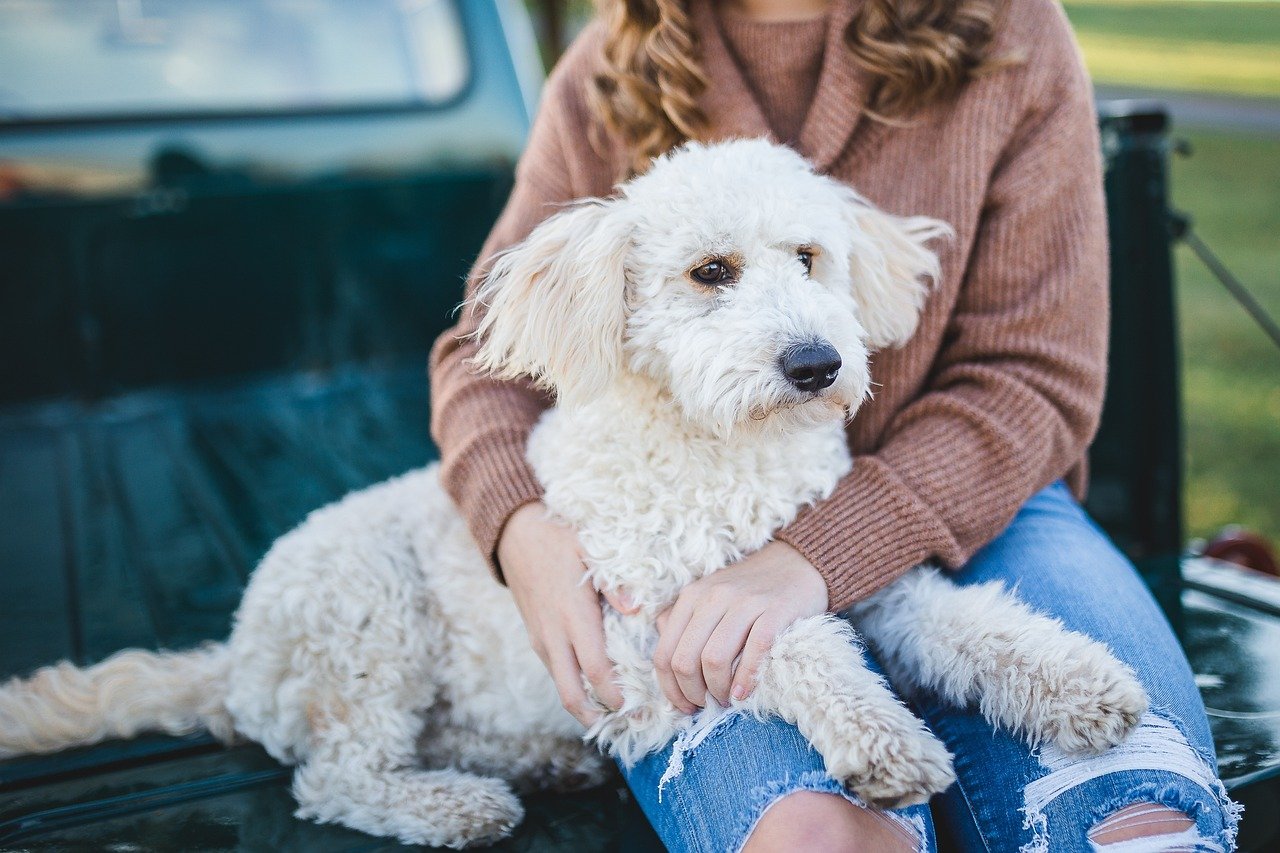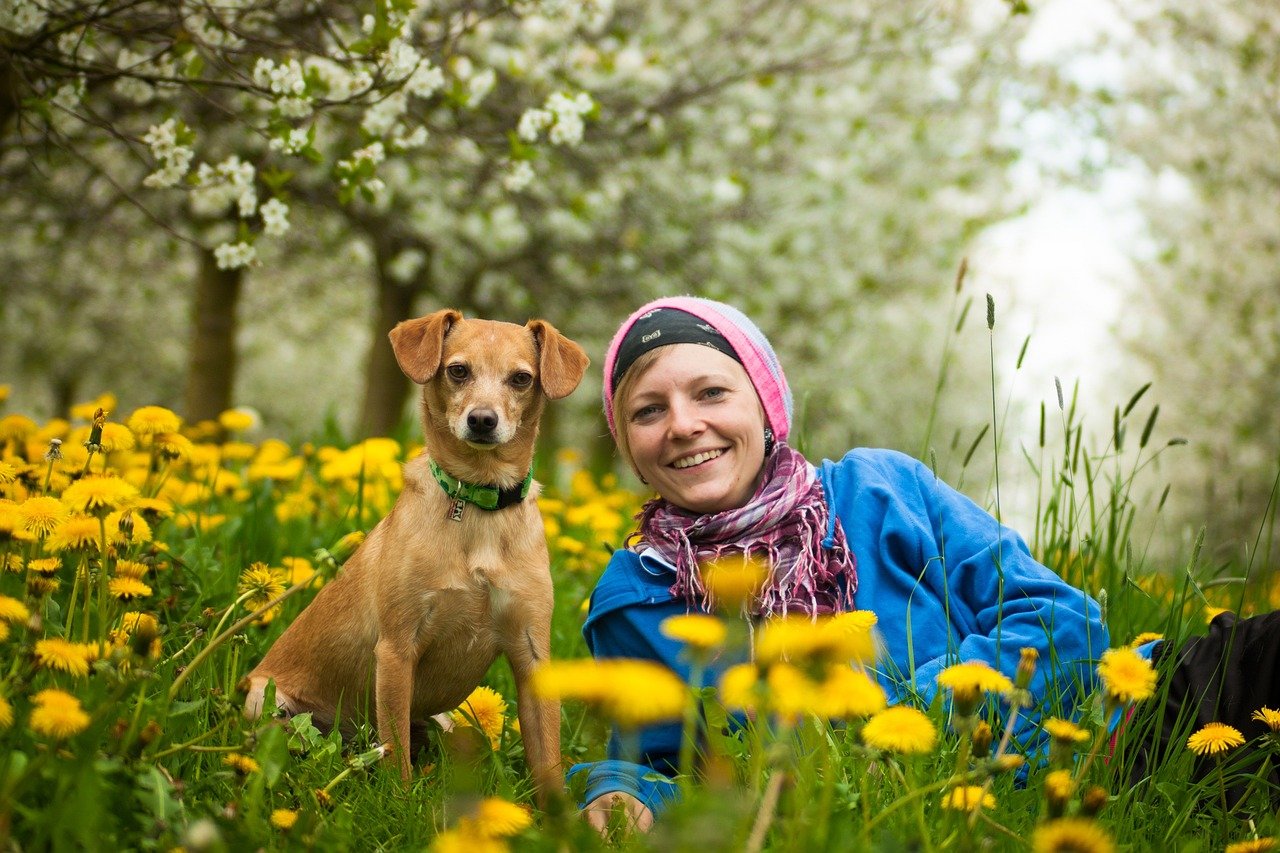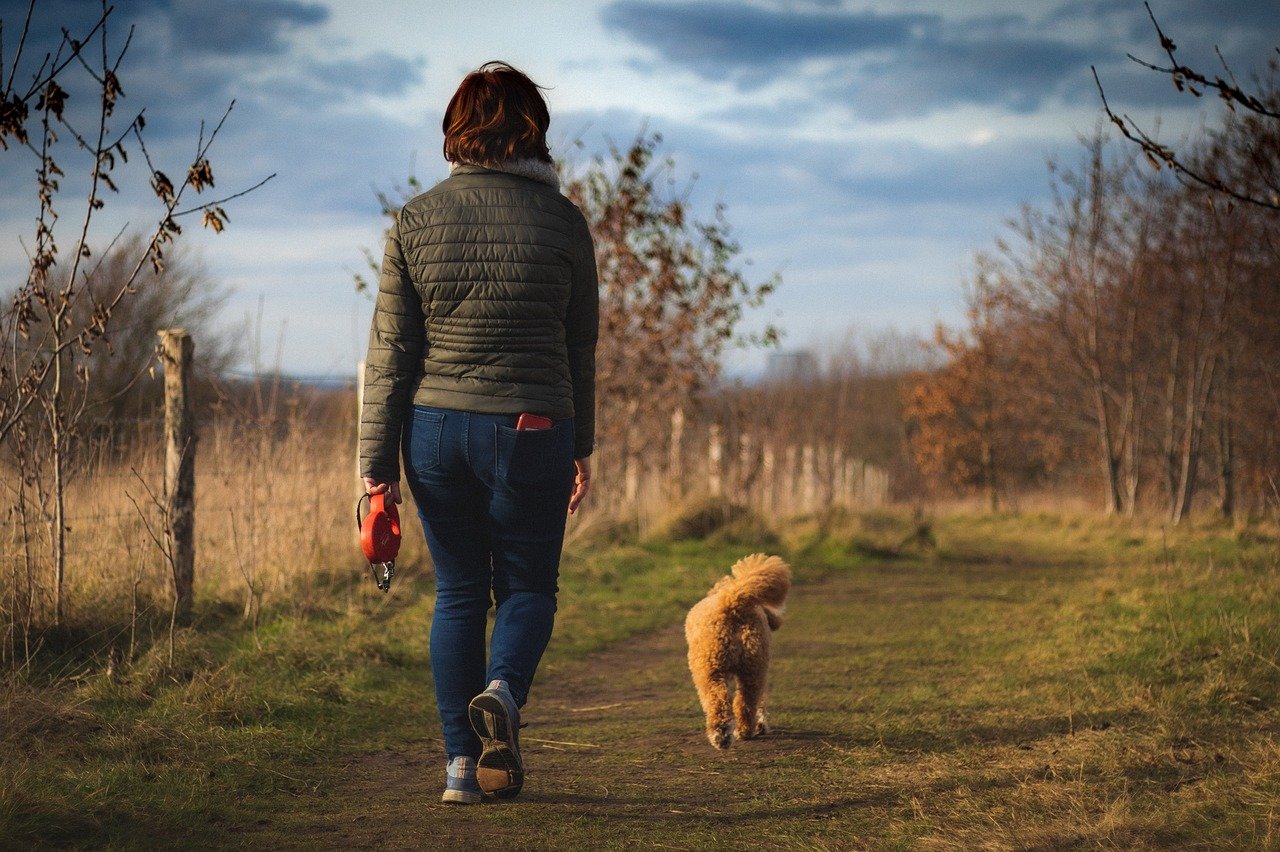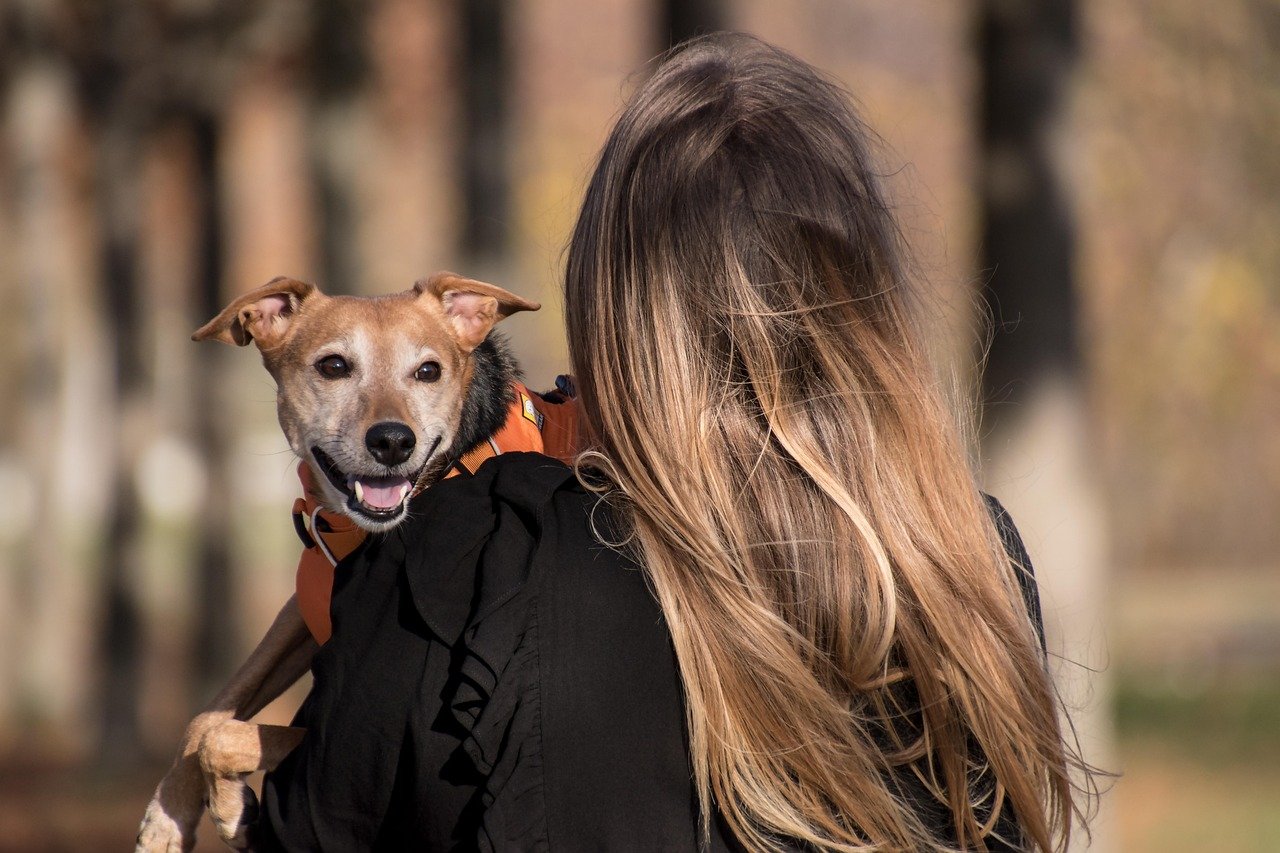Have you ever noticed how your dog seems to know exactly when it’s time for dinner, a walk, or even your return from work? There’s something magical in their anticipation, a joyful predictability that brings comfort to both dog and owner. But what lies beneath this daily dance? The secret is simple yet profound: routine. Dogs, much like children, blossom when their days are filled with familiar patterns and loving consistency. The effects are sometimes surprising, often heartwarming, and always worth exploring. Let’s dive into the reasons why routine is not just helpful, but essential, for our four-legged friends.
The Canine Need for Predictability
Dogs are creatures of habit—and when their days follow a steady rhythm, they feel safer, calmer, and more connected to their humans. From mealtimes and walks to bedtime snuggles, routines give dogs a sense of structure in a world they rely on us to interpret. But it’s not just about predictability—it’s also about bonding. Sharing daily rituals helps build trust, reduce anxiety, and strengthen your dog’s emotional well-being.
Dogs are creatures of habit. Their ancestors survived by knowing when to hunt, sleep, and seek safety, and much of this remains hardwired in your pet today. Predictability helps dogs feel safe and secure, reducing anxiety about what’s coming next. When life feels chaotic, a regular schedule becomes their anchor. Imagine moving to a new city—having a daily routine can make the transition less overwhelming, and for dogs, it’s even more critical. They can’t ask what’s happening; they simply wait and hope. That’s why knowing what to expect each day matters so much for their well-being.
Building Trust Through Consistency
Trust doesn’t happen overnight. When owners stick to a routine, dogs learn to trust that their needs will be met. This builds a powerful bond between human and animal. For example, feeding your dog at the same time every day reassures them that they won’t go hungry. Even small rituals, like a morning cuddle or nightly walk, help solidify this trust. Dogs thrive on knowing their owner is reliable, which in turn makes them more relaxed and affectionate. It’s a quiet promise repeated every day: “I’ll always be here for you.”
Reducing Stress and Anxiety

Sudden changes can be deeply unsettling for dogs. Without routine, they may become nervous, bark excessively, or even develop destructive behaviors. When dogs know what’s coming, their bodies and minds can relax. This is especially important for rescue dogs or those with traumatic pasts. A set schedule acts like a safety net, catching them before fear takes over. Even simple routines—like putting on your shoes before a walk—signal to your dog that all is well. In a world full of surprises, routine is a gentle reassurance.
Encouraging Good Behavior
Training is much easier when routines are in place. Dogs learn quickly when expectations are clear and consistent. Feeding, bathroom breaks, walks, and playtime at set intervals teach your dog when to be active and when to settle down. This structure helps prevent accidents in the house and reduces hyperactivity. With regular practice, your dog understands what’s expected, making them eager to please. Just like children in school, dogs need a rhythm to follow. Routine brings out their best manners and happiest selves.
Supporting Physical Health
A regular schedule doesn’t just comfort your dog—it keeps them healthy. Predictable meal times support digestion, while scheduled walks provide necessary exercise. Dogs, like people, have internal clocks that regulate hunger, sleepiness, and energy. When these rhythms are respected, dogs maintain a healthy weight, sleep better, and have more balanced moods. Skipping meals or walks can throw off their entire system, leading to health issues or behavioral problems. Routine, in this sense, is a powerful tool for lifelong wellness.
Strengthening the Human-Dog Bond
There’s something deeply special about the quiet moments that come from shared routine. Whether it’s a morning jog or a bedtime snuggle, these repeated acts create lasting memories. Dogs look forward to these rituals, and so do owners. The anticipation of togetherness makes the bond grow stronger every day. These routines become the glue in your relationship, the “language” you both speak. Over time, you’ll find that your dog not only expects these moments but depends on them for emotional security.
Helping with Behavioral Challenges

Routine is a secret weapon for tackling behavioral issues. If your dog is struggling with separation anxiety, barking, or fearfulness, a set schedule can work wonders. Regular times for feeding, exercise, and rest help your dog know what to expect, which eases their worries. Dogs with behavioral challenges often feel adrift, but routine offers a lifeline. Even stubborn habits can start to fade with the gentle power of consistency. Over time, you may notice your dog becoming calmer, more focused, and easier to manage.
Creating a Sense of Belonging

Dogs yearn to be part of the “pack,” and routine helps reinforce this feeling. When your dog knows that every evening means a family walk or Sunday brings a special treat, they feel included and valued. This sense of belonging is vital for their happiness. It’s not just about food and exercise—it’s about being a cherished member of a group. Dogs are social animals, and routine is the invisible thread that ties them to their family. It’s the heartbeat of their daily life.
Making Life Easier for Owners

Routine isn’t just for the dog—it makes life smoother for owners, too. Predictability means fewer surprises, less mess, and a calmer household. When everyone knows what to expect, stress levels drop all around. A regular schedule can make it easier to notice changes in your dog’s behavior or health, catching problems early. Plus, planning around a routine allows for better time management. Owners who establish routines often find that caring for their dog becomes second nature—a joyful habit rather than a chore.
Adapting Routines as Life Changes
Life isn’t always predictable, but routines can be adapted when big changes come. Moving, a new job, or adding a family member can throw everyone off balance. Dogs rely on their routines even more during these times. By keeping as much of the old schedule as possible, or slowly introducing new routines, you help your dog navigate change with confidence. Flexibility within structure is key. Dogs are resilient, but they need your help to adjust. The familiar rhythm of routine gives them a sense of stability, no matter what life throws your way.

Esther is from India; the heartbeat of South Asia, holding a Master’s degree in Zoology and a postgraduate diploma in Animal Welfare. Her enthusiasm for animal welfare drives her passion and dedication to working for animals, ensuring their well-being, and advocating for their rights. With a solid academic background and hands-on experience, she is committed to making a positive impact in the field of animal welfare. In her free time, she enjoys embroidery and sewing. As a Chennaite from Tamil Nadu, Esther loves Bharathanatyam, an Indian classical dance form.





